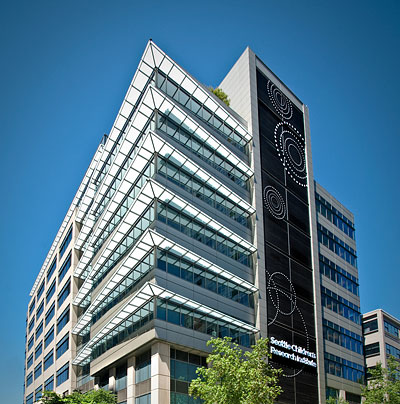Interbacterial interactions as a driver of evolution during cystic fibrosis chronic infections
Fellow: Marcos de Moraes, PhD
Microbiology
Mentor: Joseph Mougous, PhD
Associate Professor, Microbiology
The leading cause of mortality in cystic fibrosis (CF) patients is chronic infections of the airway, where bacteria are known to accumulate adaptive mutations. Pseudomonas aeruginosa and Burkholderia cepacia complex (BCC) members are predominant pathogens in CF airways. A trait shared by these organisms is their ability to antagonize bacteria through type VI secretion system (T6SS) and contact dependent inhibition pathway (CDI). I propose to evaluate the contribution of interbacterial antagonism as a driver of P. aeruginosa and BCC evolution through the action of DNA targeting toxins by examining the following hypothesis: Interbacterial antagonism caused by organisms recurrently found in CF chronic lung infections promotes an increase in mutagenesis by the activity of DNA-targeting toxins. Selective pressures common to CF chronic infections can then act upon those mutations, selecting for organisms with increased fitness in this environment. I propose to evaluate this hypothesis through a combination of mechanistic in vitro experiments, coculture assays employing CF clinical isolates and bioinformatic genomic analysis. This work will lead to a better understanding of the drivers bacterial mutation rates in chronic CF lung infections, which will be useful to clinicians seeking to predict patterns of bacterial adaptation, and to tailor antibiotic treatments to delay the development of resistance. Additionally, this work will explore the possibility that DNA nucleases and deaminases could become targets for drug development that would reduce the rate of bacterial adaptation.

 Cystic Fibrosis Research
Cystic Fibrosis Research